Most of us have a pretty good idea of what it means to fuel for recovery after a workout, but what about rest days? How are we supposed to eat when we’re not working out??
One of the biggest misconceptions many people have in regards to rest day nutrition is that they need to eat less. While it may sound like it makes sense that your body requires fewer calories on days where you’re not expending as much, this can be a big mistake. The purpose of taking days off from working out is to allow your body to rest so that it can adapt to your training. On recovery days, your connective tissues (tendons and ligaments) get stronger, and your body produces mitochondria, which are your cells’ source of energy. Without proper fuel, your muscles won’t be able to properly rebuild, and your results will reflect that.
To ensure your rest day nutrition is on point, you don’t need to change your eating habits too drastically, if at all. You may not have to worry about timing your nutrition around your workout, but you should still focus on eating plenty of nutrient-dense foods, eating when you are hungry, and until you are satisfied.
Our macronutrients (protein, carbohydrates, and fat) all aid in recovery. First of all, protein is a very important part of muscle rebuild and recovery. Ideally, about 30% of your diet should be comprised of protein, and most of it should come from lean sources, such as poultry, seafood, eggs (egg whites), and protein powders.
Next up is carbohydrates. Even though you might not be working out, carbohydrates are still an extremely important part of your rest days, as your body needs to replenish its glycogen stores so that you are ready for your next day’s workout. Aim for about 40% of your diet coming from carbohydrates, such as vegetables, fruits, and whole grains.
Last is fat. Healthy fats like omega-3s (salmon, sardines, chia seeds, walnuts) will help decrease inflammation in your body, which also helps with recovery. Healthy fats should comprise about 30% of your diet.
In addition to making sure that you’ve balanced your macronutrients throughout the day, you should also make sure you are drinking enough water. We recommend about half your body weight in ounces (for example, a 160 lb person would need 80 oz). Even though your body might not need as much water as it does when exercising, not only will you want to remain hydrated for the next day’s workout, but water also helps with muscle recovery, digestion, and energy levels.
Bottom line is that rest days are not the time to cut back on food. Even though you might not be as active on a rest day, your body needs that energy to repair itself so that you can get back at it the next day! Under-fueling on your rest days increases your risk for injuries and decreases your ability to perform in workouts.
Kristen Van Hull
Nutrition Coach
Prowess Fitness + Nutrition




